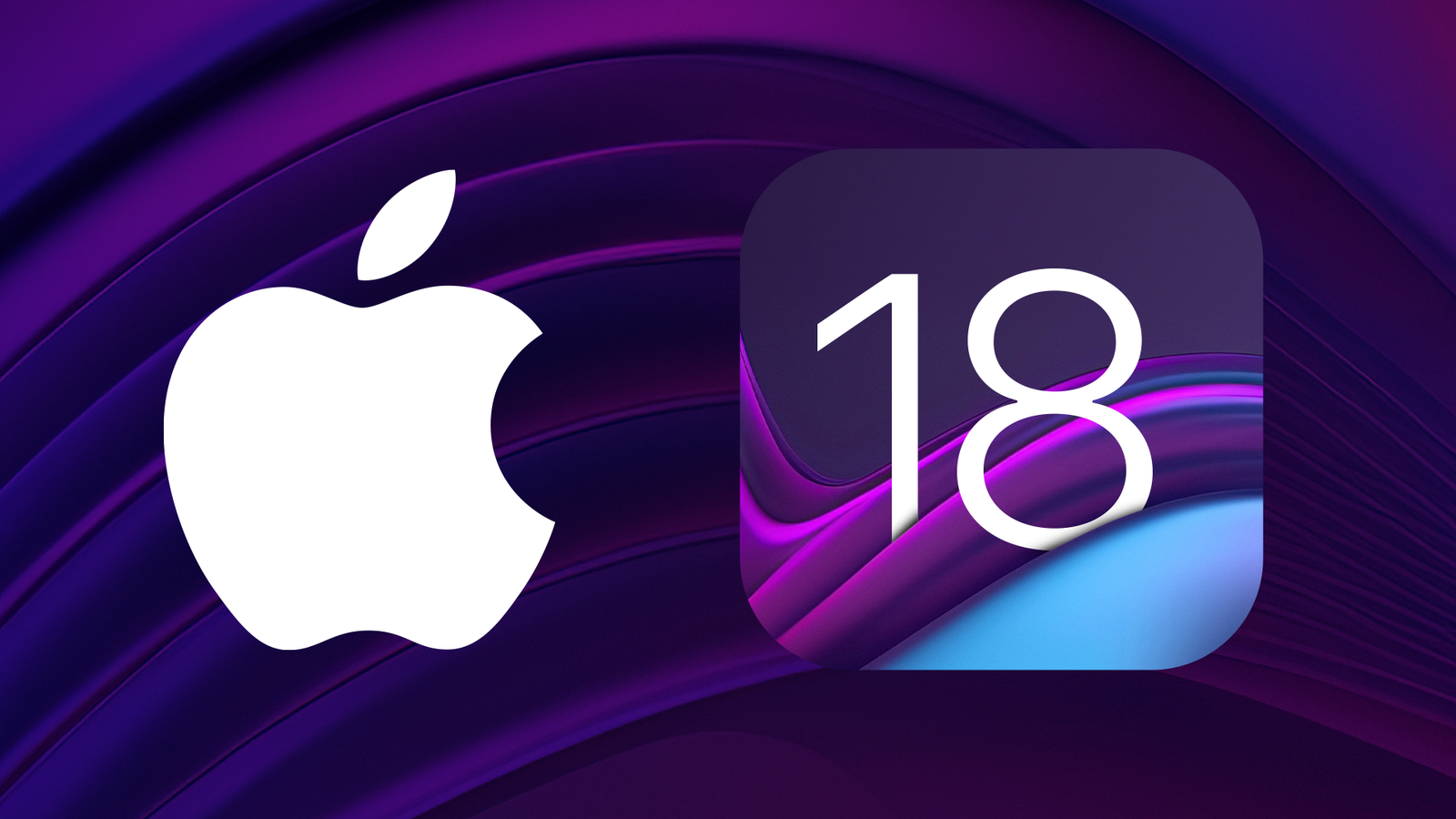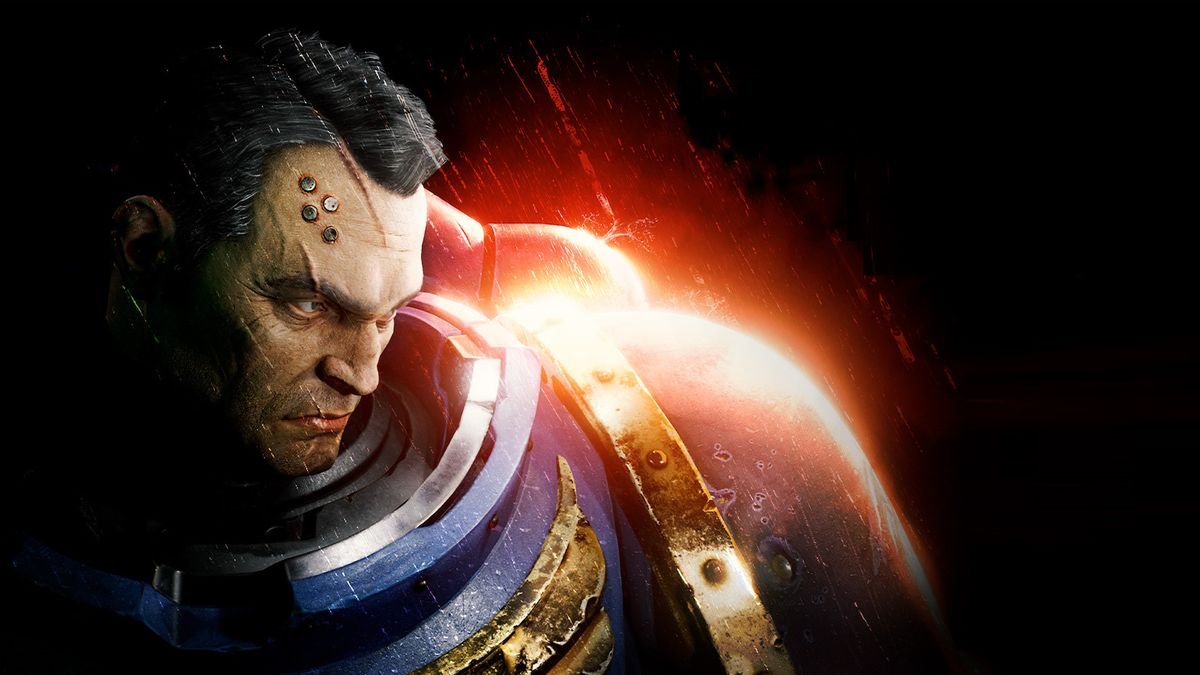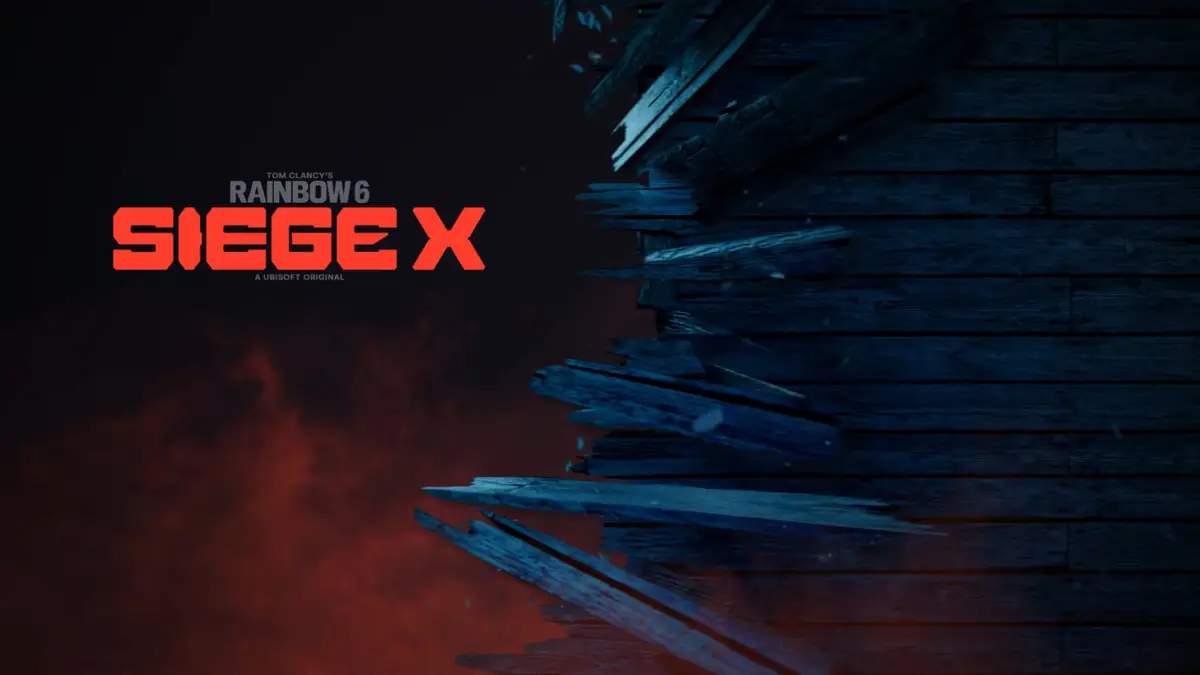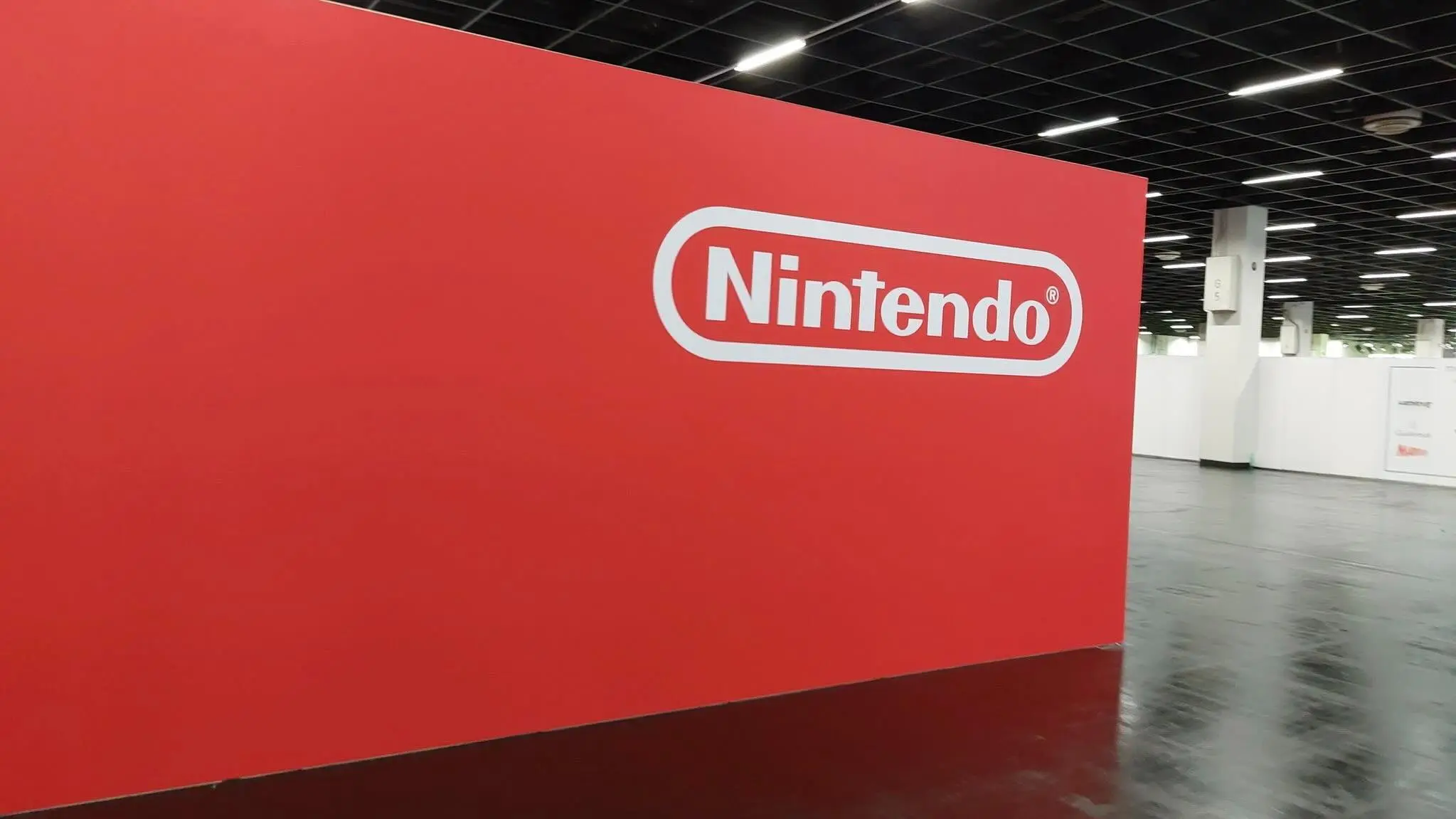Botswana has recently made headlines by rejecting Elon Musk’s Starlink satellite internet application, a move that has caught the attention of the global tech community. This decision comes as a significant blow to Starlink’s ambitions to expand its innovative satellite internet service in Africa, particularly ahead of its planned launch in the fourth quarter of 2024.
Key Highlights:
- Starlink’s application to launch in Botswana was rejected, delaying its entry into the country.
- Regulatory concerns centered around incomplete application details provided by Starlink.
- Botswana requires specific application and licensing fees, alongside a revenue share.
- Starlink faces similar regulatory challenges in Southern Africa, with rejections also in South Africa and Zimbabwe but successes in Zambia, Eswatini, Mozambique, and Malawi.

Understanding the Decision
Botswana’s decision to reject the Starlink bid is attributed to the company’s failure to provide all necessary information in its application. Specifically, the Botswana Communication Authority highlighted issues regarding missing requirements, which were identified and communicated to Starlink for response. To operate in Botswana, companies like Starlink must comply with several regulatory fees, including an application fee, an annual license fee, and a share of annual operating revenue.
Regulatory Hurdles in Africa
Starlink’s journey in Africa has been met with mixed responses. While it has successfully obtained licenses in Zambia, Eswatini, Mozambique, and Malawi, it faces regulatory pushback in other countries. South Africa, for example, rejected Starlink’s application due to non-compliance with a mandate requiring 30% ownership by historically disadvantaged groups. In Zimbabwe, legislators cited an EU investigation into Elon Musk’s social media platform, X, as the basis for their rejection.
The Broader Context
Starlink, owned by Elon Musk’s SpaceX, aims to provide high-speed internet globally through a constellation of low-orbit satellites. This service is particularly appealing for remote and underserved areas where traditional broadband services are unavailable or unreliable. However, regulatory challenges highlight the complexities of entering diverse markets, especially those with stringent requirements on foreign companies and concerns over data privacy, security, and local ownership.
Conclusion
The rejection of Starlink’s application in Botswana underscores the challenges that innovative tech companies face when expanding globally. It highlights the importance of meeting local regulatory requirements and the complexities of navigating the telecommunications landscape in Africa. As Starlink continues to pursue its mission of global internet coverage, its experiences in Botswana and other African countries serve as a reminder of the delicate balance between innovation, regulation, and market penetration strategies.

















